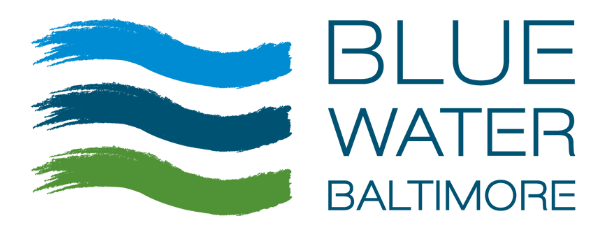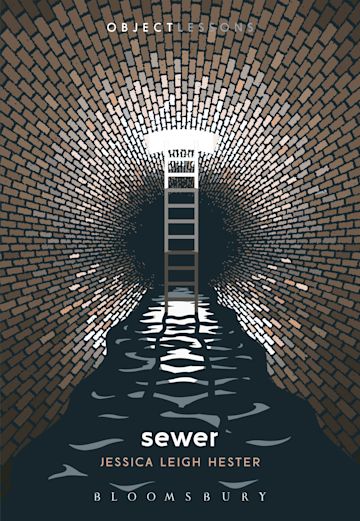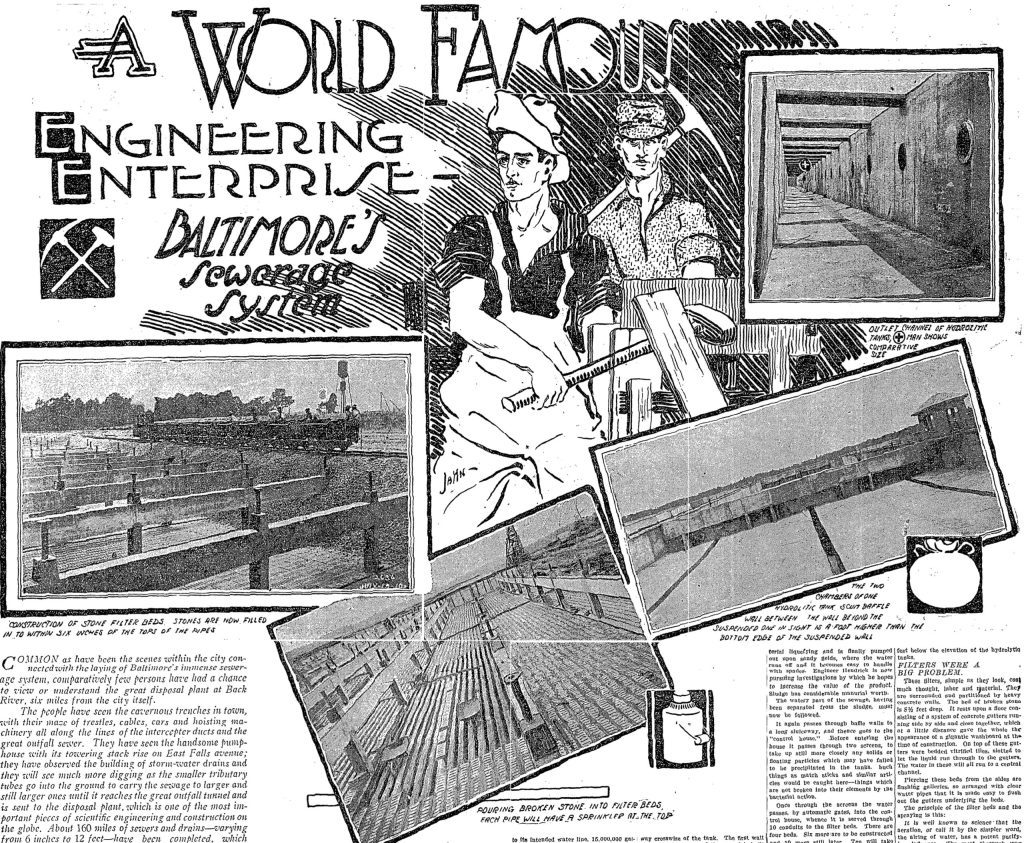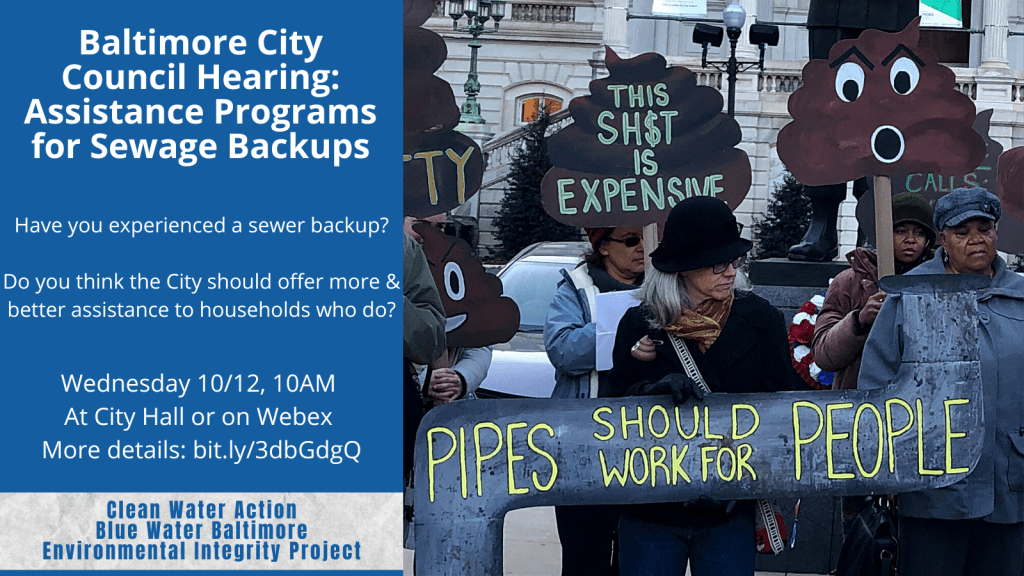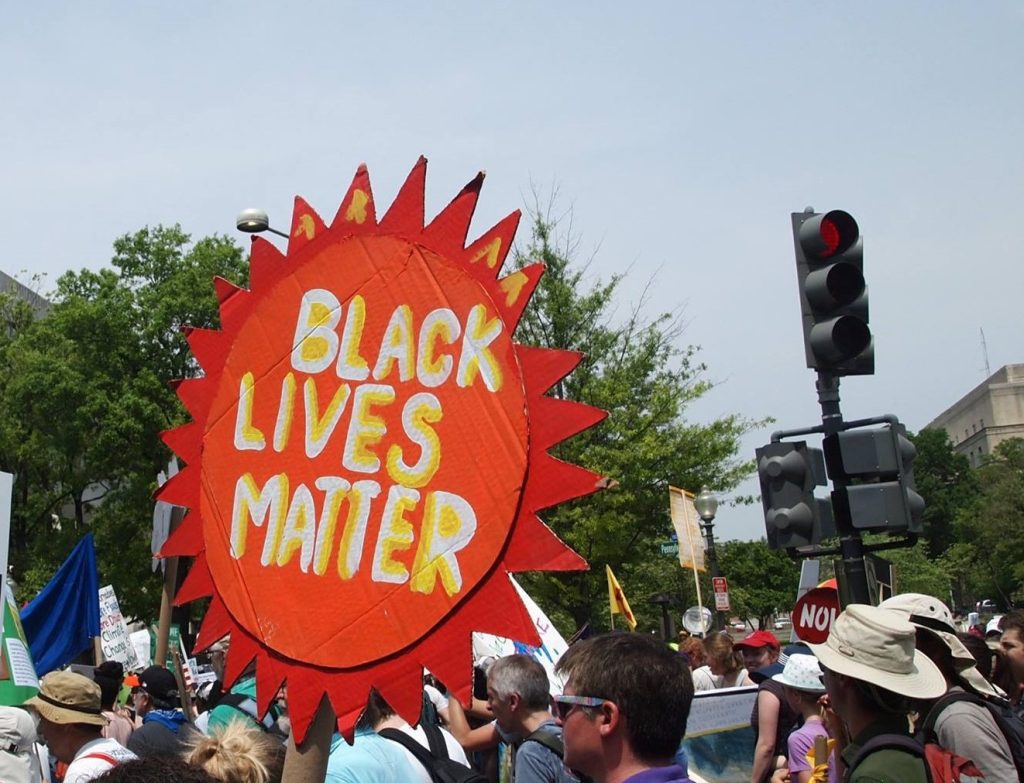Expand Sewage Backup Assistance

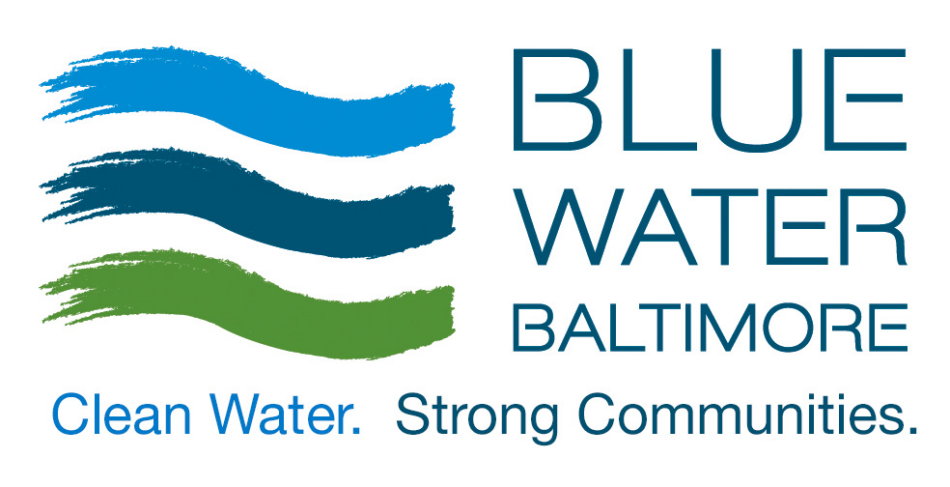

Environmental Regulators Order Baltimore City to Expand Sewage Assistance Program – Rain or Shine
July 13, 2023
The Environmental Protection Agency and the Maryland Department of the Environment have ordered Baltimore City to expand a program that helps homeowners who have suffered a sewage backup due to problems in the city’s aging sewer pipes, fulfilling a longtime demand of community organizations, environmental advocates, and impacted residents. Sewage backups can be devastating for residents and render a home uninhabitable, and our organizations urge the city to quickly and completely adopt the regulators’ recommendations.
Currently, city programs only help residents with sewage backups in a narrow set of circumstances related to rainfall and pipe capacity, known as “wet weather” backups. Wet weather backups are a small portion of sewer backups that occur. As the Department of Public Works reported to the City Council in October 2021 in its Report on Sewage Backup Expedited Reimbursement and Direct Assistance Programs, from 2018 through 2021, there were at least 8,860 reported residential sewage backups in Baltimore caused at least partially by conditions in the city-owned portion of the pipe system. Despite this fact, only 34 people received financial or direct cleanup assistance through the existing programs during that time, largely due to the severe eligibility limitations of the programs. The majority (78%) of these sewage backups occurred during dry weather, making them automatically ineligible for the city’s assistance programs.
Under the agencies’ recommended order, all backups caused by problems in the city-owned portion of the pipe system will be eligible for assistance. This is a change Baltimore residents and our organizations have been calling for, and could improve the lives of thousands of Baltimore residents each year. Direct cleanup assistance reduces the public health impacts of sewage backups and the financial burden for impacted residents.
“We applaud the EPA and MDE for making this determination, and we call on Baltimore City to quickly propose an improved program to the regulators so that it can be implemented as soon as possible,” said Alice Volpitta, Baltimore Harbor Waterkeeper with Blue Water Baltimore. “People are dealing with raw sewage in their homes because of problems in the city’s system, and they can’t wait any longer.”
“At community associations across the city, we’ve heard directly from people who have faced these types of sewer backups—sometimes many times over a period of years— who had called on the city, but were told they were not eligible for help,” said Jennifer Kunze, Maryland Program Coordinator with Clean Water Action. “No one who has other people’s sewage backing up into their home due to issues in the city’s infrastructure should have to face that hazardous situation alone.”
“All communities deserve safe and properly functioning sanitary sewer infrastructure,” said Leah Kelly, Senior Attorney with the Environmental Integrity Project. “Baltimoreans have long suffered because of a pipe system that puts their physical and financial health at risk. This important decision by Maryland and the EPA is a step toward meaningful change for many residents who experience the nightmare of raw sewage in their basements.”
“I believe the EPA’s mandate that Baltimore City DPW expand its “Sewage On Site” residential sewage cleanup program and provide support for citizens following dry weather capacity related backups is the right thing to do,” said Baltimore City Councilman Kristerfer Burnett. ”Regardless of the weather conditions outside, wastewater backing up inside of anyone’s home is a very serious hazard to their health and assistance with safely cleaning the home should be provided to Baltimore residents. The city has the financial resources to expand this program and stay within their budget, and I look forward to working with DPW staff to ensure compliance with the EPA’s timeline requirements for implementation.”
The EPA has set a deadline of July 21, 2023 for the city to respond to their order by resubmitting its long-term plan to include all backups originating in the city-owned portion of the sanitary sewer system. Our organizations urge the city to quickly implement a robust program to implement this recommendation and ensure that every household facing a sewage backup from city infrastructure is able to access emergency assistance.
Background
The first iteration of the City’s sewer backups assistance program, the Expedited Reimbursement Program, was a requirement under the 2016 Modified Consent Decree that Blue Water Baltimore (BWB) is a legal party to. The program was limited to wet-weather capacity-related sewage backups, and reimbursements were originally capped at $2,500. Advocates from BWB, the Environmental Integrity Project (EIP), and Clean Water Action (CWA) tracked the implementation of this program during its pilot phase, and found serious deficiencies in the design and administration of the program. After several years of advocacy from environmental and community organizations and impacted residents calling for multiple improvements, the city unveiled its new Sewage Onsite Support (SOS) program in 2021. This “direct cleanup assistance” program was an improvement, but still limited assistance to the smaller number of “wet weather” backups.
Read a 2022 report from Blue Water Baltimore and Clean Water Action:
Are you dealing with sewage backing up into your home? Filling out this survey will help us advocate for you and others in your situation.
